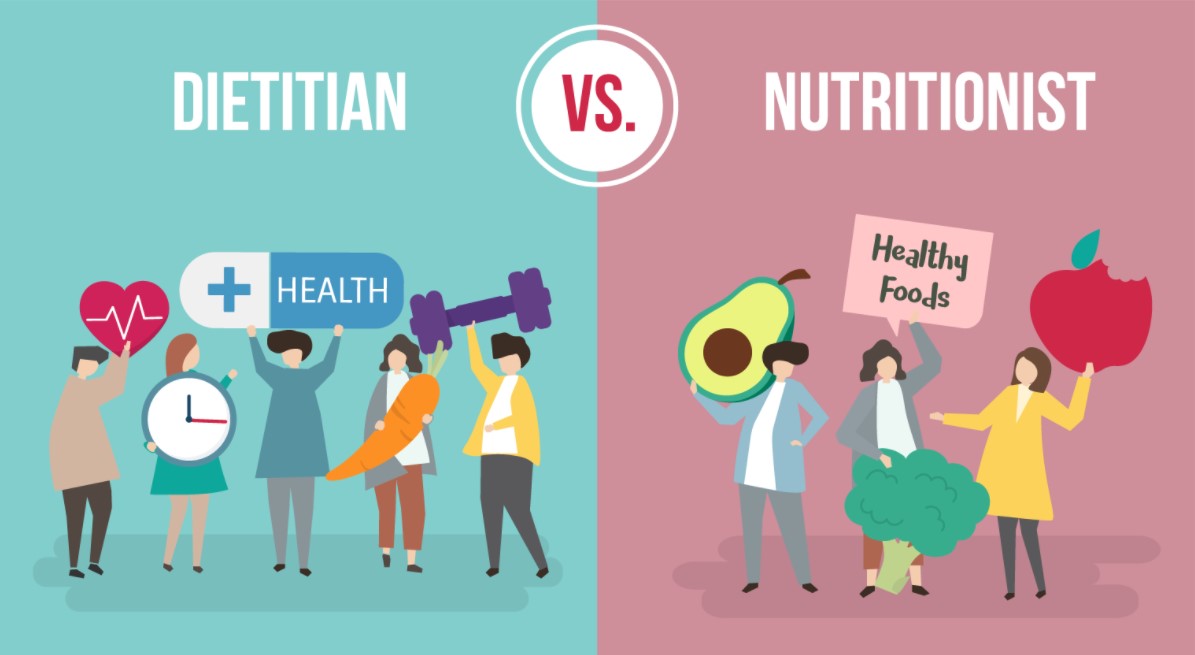Modern civilization has progressed, in almost all aspects of life, and come to some revolutionary knowledge, which was previously unexplored and inaccessible. Thanks to high technology, studious research and empirical methods, we have learned that much of our previous knowledge is inaccurate and therefore counterproductive to our lives.
This also applies to nutrition, as something fundamental for every living organism. In the eighties of the 20th century, there was a penetration of new ideas in nutrition and fitness, when new professions, such as nutritionists and dieticians, began to appear and became necessary for the urban man. In the beginning, it was a kind of fashion, but very quickly their existence was imposed, as necessary and inevitable, for everyone who takes care of their health.
In the hyper-production of various articles, advice, theories, recommendations, books, shows, advertisements that are represented in today’s media and what affects today’s man, we must admit that there is a really big dilemma of whom to listen to. There are dieticians, nutritionists and counselors for different types of diets, so the confusion is complete. We will clarify you difference between a dietitian and a nutritionist.
Education

The first big difference between these two professions is in education. Both dietitians and nutritionists must undergo some form of formal training, at least in most countries. There are countries where this is not regulated and where anyone can be a nutritionist.
In countries where the law regulates these professions, a dietitian must have a medical school diploma. It is usually an undergraduate degree but other types of degrees can also give you licence for dietician. What is certain is that the dietitian will spend several years studying before obtaining a degree, but also the knowledge required to be able to legally and successfully pursue his profession.
On the other hand, to be a nutritionist, a certificate from a course is usually enough. That doesn’t mean nutritionists don’t have the knowledge. There are very serious courses that require a great deal of knowledge to license nutritionists. That is why there are certainly nutritionists who know almost as much as dieticians. But there are also those whose knowledge is much more basic.
In the beginning, both nutritionists and dietitians learn the same thing, and these are the basics about the human body and nutrition. What is different is that in many cases it is enough to be a nutritionist, with knowledge of food preparation, while a dietitian needs to know parts of microbiology, genetics and so on.
The people they work with

The dietitian works in healthcare, with sick people who need a balanced diet. For example: diabetics, people with high cholesterol, hypertension, kidney disease, after a stroke and heart attack, anemia, liver disease… these are all situations where a targeted diet is imperative. A certain diet is planned before and after the operation, as well as for gastrointestinal problems.
The diet is balanced and combined depending on the medication that the patient consumes. Some foods are contraindicated with certain drugs and therapies, so the dietitian must also have pharmacological knowledge. Teams composed of doctors, nurses, dieticians, and often psychotherapists, form a single unit in the treatment of patients and act synergistically and synchronously. Without consultation with others and insight into the complete health of the patient, no one would be able to act individually.
The nutritionist deals with healthy people, who do not have health problems and want to improve their form and health, to lead a better quality of life, consuming healthy and useful foods and combining physical activity with diet. Also, if you want to change your nutritional habits radically, they can be even more helpful than dietitians because they approach it differently. For example, if you visit www.tonicnaturalhealth.com.au you will learn about the gut-healing approach. This and similar approaches are something that nutritionists know more about than dieticians.
Places where they work

Dietitians most often work in hospitals, where they prescribe a diet, depending on the health problem the patient is facing. The workplace of a dietitian is also in primary health care, in health centers, where nutrition for babies and children is advised in pediatrics and children’s wards. For premature babies, children who have allergies, or are obese and prone to unhealthy diet, and parents do not have the knowledge or awareness of this alarming and far-reaching problem, which can determine someone’s whole life.
Nutritionists are indispensable in gyms and all places where sports activities of all kinds and for all ages are practiced and promoted. They can also have their own practice or work online, because they can create and monitor diets that way. So teleworking is popular with all nutritionist.
Other nutrition professionals

You will surely come across other types of nutrition professionals who are unlikely to have the diplomas or certificates needed for dietitians and nutritionists. These are mostly fitness trainers, health coaches as well as many other types of instructors. Yoga instructors, so-called holistic nutritionists, keto experts and so on are becoming increasingly popular options. Every type of diet has its experts who have usually not gone through any learning program approved by any respectable organization. Also, there are many of them who took courses from some of the respectable organizations like ISSA, ACE, NASM and similar.
Whether they are allowed to work legally depends on the laws and regulations in a particular state. It also depends on the extent to which they are allowed to work. You should be careful working with them, because you can find great experts among them but also those who don’t know even basic or they are misled by some specific teachings.
Conclusion
So, the conclusion is that today it is impossible to avoid topics about healthy eating, regardless of whether we follow these instructions or not. Nutrition has become important and many famous and wealthy people have their own personal nutritionist or dietitian, to make sure their diet is perfectly balanced.
These two professions have experienced huge expansion and are very respected. They bring significant earnings, but they also imply great responsibility, necessary knowledge, and even psychological skills of certain approaches, depending on the problem and personality type.







